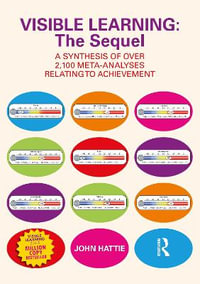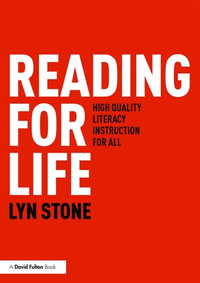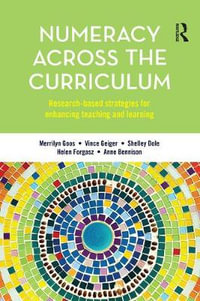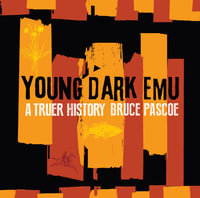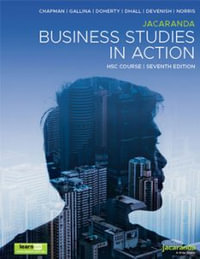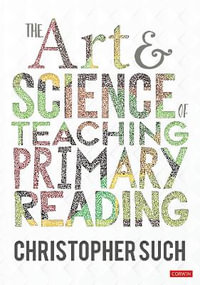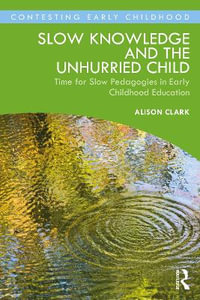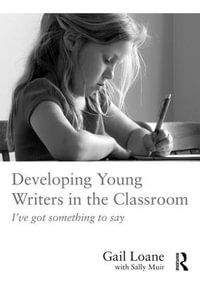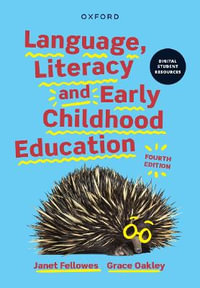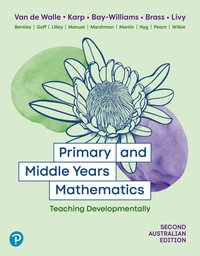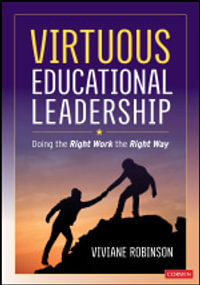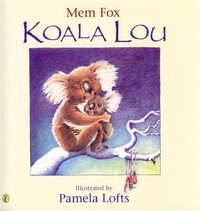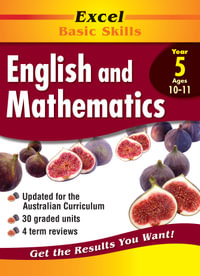This book examines the social codes and practices that shape the literary culture of a combined fifth/sixth-grade classroom. It considers how the social and cultural contexts of classroom and community affect four classroom practices involving literature--read aloud, peer-led literature discussions, teacher-led literature discussions, and independent reading--with a focus on how these practices are shaped by discourse and rituals within the classroom and by social codes and cultural norms beyond the classroom. This book's emphasis on intermediate students is particularly important, given the dearth of studies in the field of reading education that focus on readers at the edge of adolescence. "At last, a book that explores the subtleties and ideological underpinnings of four common literacy practices in literature-based reading programs: read-alouds, peer-led literature discussions, teacher-led literature discussions, and independent readings. This book will change the way literacy teacher educators think about these practices.
Just as importantly, it will provide them with concrete examples of how the social politics of classroom discourse simultaneously shape, and are shaped by, such practices. Cynthia Lewis's solid grounding in classroom pedagogy comes through clearly, particularly in the way she is able to help her readers understand why any idealized notion of classroom community must give way to a more sensitive explanation of the assumptions underlying that concept. In this book, Lewis is at her finest--a
Industry Reviews
"This is the next generation of literacy research, with power and politics and identity jumping out of the pages." -- Allan Luke The University of Queensland, Australia "This probing and provocative study promises to be a vital addition to the field of research in literacy education.... Educators, researchers, and policymakers alike will be captivated by this book." --Susan Hynds Syracuse University "Meshes a focus on social context with performance theory to examine the roles, footing, positioning, and dramatistic aspects of classroom interaction....A primary strength is the analysis of the subtle social dynamics of classroom talk about literature that draws on a range of current theory. This analysis should provide teachers with a lens for analyzing their own classrooms, particularly in terms of students' social positioning through language." --Richard Beach University of Minnesota


